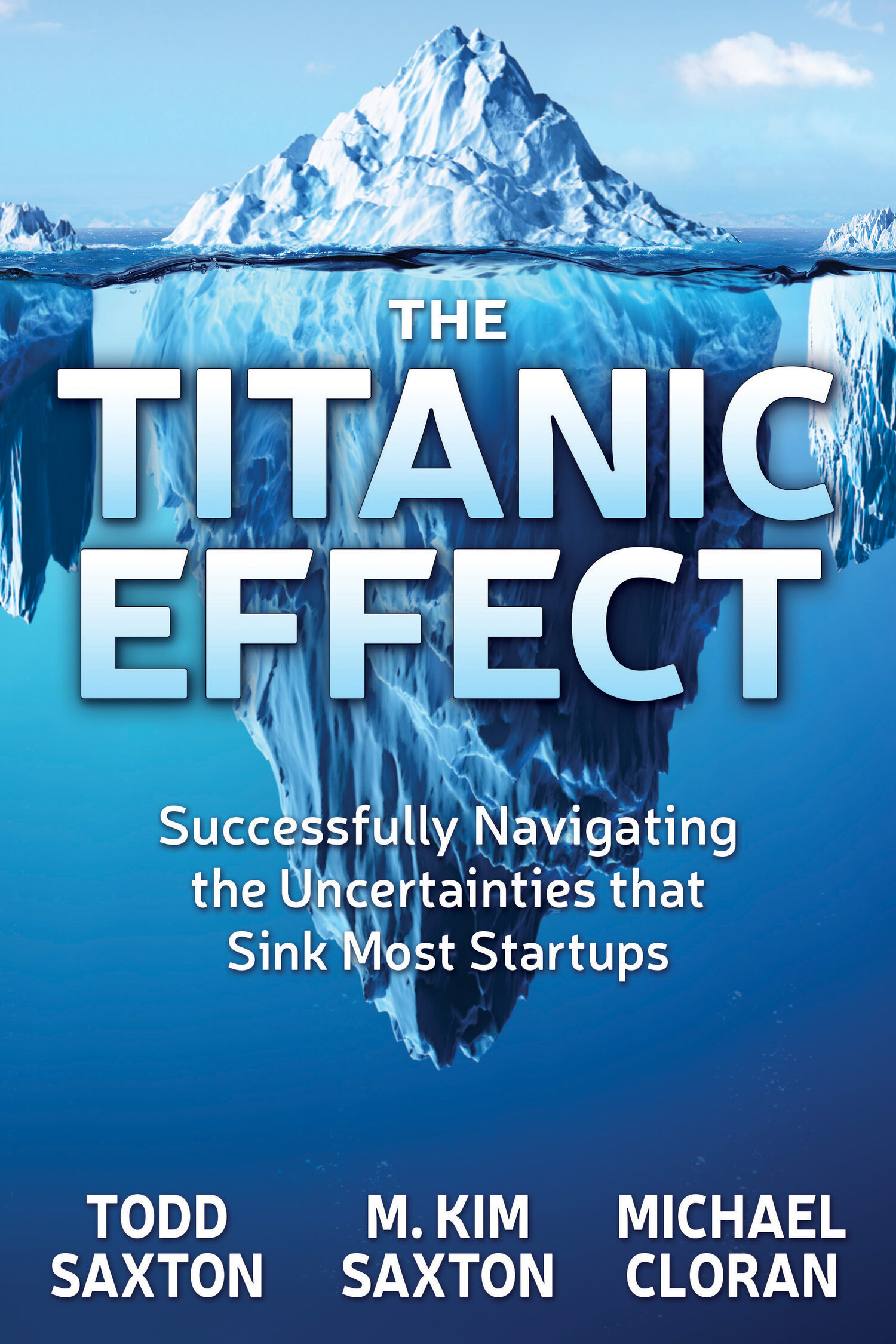Most of our blogposts have focused on positive steps startups can take to navigate their launch and success. For example, we have talked about product/market fit, pivoting, and what proof of concept means. But there are some phrases that have become part of the startup world lingo that we believe are misleading or inappropriate. So here are our top three pet peeves:
Fake it until you make it. This popular phrase has to do with promises startups make to customers and others that may exceed their actual ability to deliver. The implication is that you pretend to be something you are not, or promise something you cannot deliver. Do startups need to get early versions of products out to the market before they are perfect? Absolutely. This is part of the experimentation and iteration necessary to get to product/market fit. Does this make you an imposter, and should you approach it as if you are hoodwinking your early customers? Absolutely not. You should be candid with early customers about the developmental phase you are in. It is okay to talk about future product offerings and functionality, yet be vague on timing. But if you get to the point that you think you are “faking it,” you should back off and regroup. Much of this is a mindset—think growth and possibility, not that you’re a charlatan selling snake oil.
FFF funding. Many sources will talk about the “Three Fs” of early stage investing—Friends, Family, and Fools. Typically, this will come early in the development of a startup—perhaps even pre-revenue or during ideation, before you have product/market fit and paying customers. Friends and family members are able to invest without regulatory oversight at this stage. The amount of money involved is typically in the $5,000 to $50,000 range—enough to get going. There is nothing wrong with the friends and family part.
We take issue with the “fools” moniker. Is this money highly speculative and at risk? Absolutely. But does that make people who invest in you at this stage fools, especially if they are not friends or family members who want to support you? Absolutely not. Naive and idealistic, perhaps. But if you think you are fooling someone, it is kind of like faking it — so don’t do it.
If you are considering investing at this stage of a startup, don’t invest your kids’ college fund or your retirement nest egg. These investments should be your discretionary income only. Although it can be risky, supporting an early stage entrepreneur, particularly locally, can be very rewarding. It does not make you a fool. If you are raising money at this stage, be transparent to investors that the investment is highly risky and could result in a goose egg. But think about the other end of the outcome continuum—if your startup is wildly successful and becomes the golden goose instead of the goose egg, don’t you think friends and family should have been able to ride along?
3. Low hanging fruit. Okay, we feel a little more mixed about this one. If there are easy opportunities to land customers or launch products that seem obvious and have few tradeoffs, they should be considered. But as a mentality, always going for the low-hanging fruit is not likely to be a productive long-term strategy.
In his excellent book Born to Run, Christopher McDougall talks about the evolution of the running shoe over the last 3-4 decades. Design, composite materials, and a lot of marketing have taken running shoes from simple sneakers to waffle tread to engineering marvels. But while prices have increased by one or two orders of magnitude, what has happened to running related injuries such as back and knee problems? They are virtually unchanged, and perhaps even elevated a bit. When we isolate ourselves from the shock of road impact through shoe design, our body mechanics change. Our foot lands differently, our knees cave in, and the way we stabilize changes. This makes us more vulnerable to injury. How is this digression related to low hanging fruit? Isolating yourself from challenge and competition is never in your best interests long term. Embrace the most formidable competitor, the most challenging customer, and the hardest product development problems. Just by trying, you will be better for it. Remember, the low hanging fruit is the easiest to get—not just for you, but for your competitors in the market as well. Plus, the entrepreneur who always goes for low hanging fruit will never learn how to jump and climb.
You will hear the above phrases uttered by many savvy and experienced people in the venture world. People use these “go to” phrases all of the time to navigate their own uncertainty. But for different reasons, we believe each of them have more negative than positive connotations. If it helps to remember them, we have even coined our own three Fs as a pneumonic device: Never use Fruit to Fake it with Fools!
Check out other challenges that you might face as you build your startup in our book The Titanic Effect.

